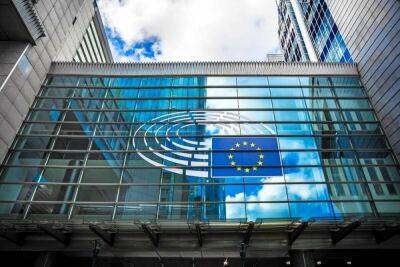TechScape: Why Microsoft’s mega-merger with Activision Blizzard is stalling
“O h my god. Wow.” Phone calls with law professors about regulatory actions don’t normally start with unprompted expressions of amazement, but regulatory actions don’t normally come like this. Anne Witt, professor of law and member of the EDHEC Augmented Law Institute, had been expecting to have a very different conversation when we spoke last Wednesday.
But then, just minutes before we were due to talk, the UK’s competition regulator blocked Microsoft’s attempted $68.7bn acquisition of megadeveloper Activision Blizzard, the sprawling corporation behind games including Candy Crush Saga, World of Warcraft, Tony Hawk’s Pro Skater and, most importantly, Call of Duty.
Britain’s Competition and Markets Authority (CMA) is just one of a number of international regulators which was investigating the proposed acquisition. In the US, the Federal Trade Commision (FTC) had already sued to block the takeover in December, with the case due in court later this year. The European Union is investigating, and has given itself a deadline of 22 May to make a decision, while Australia has paused its own investigation while it engages with overseas regulators.
One of those regulators had already given the deal a pass. In March, the Japan Fair Trade Commission ruled that it was “unlikely to result in substantially restraining competition”, and approved it to go ahead.
Japan’s justification for allowing the merger was also behind Witt’s expectation it would be approved. “For 30 years or so, competition agencies, very much influenced by the US school, have taken the view that ‘vertical mergers’ are rarely dangerous,” she explained, once the shock had worn off.
“If you have a ‘horizontal merger’ – if Microsoft had bought up a competitor – it is very
Read more on theguardian.com

















